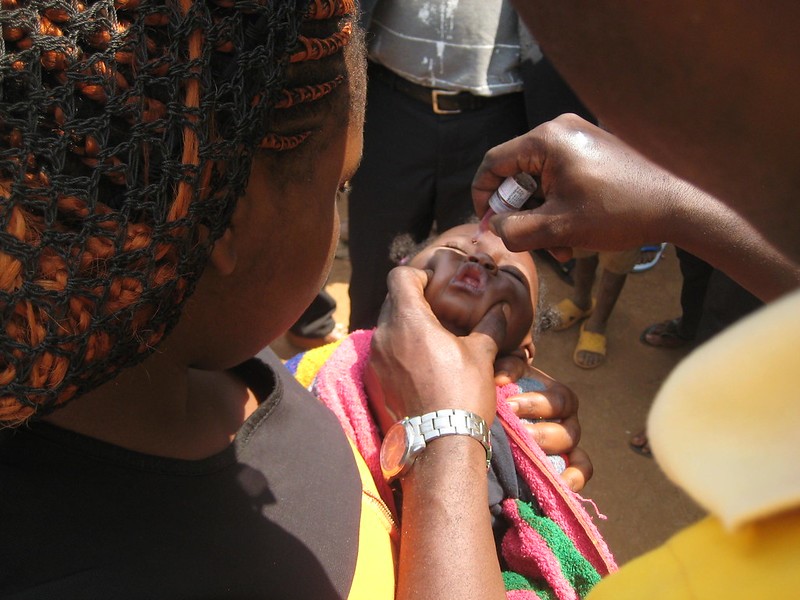
Three countries reported a total of six vaccine-derived polio cases this week, according to the latest update from the Global Polio Eradication Initiative (GPEI), while the group also published the Independent Monitoring Board's annual assessment of progress toward polio eradication, which it said will not happen in 2023 as previously hoped.
"Despite recent progress toward eradication, remaining challenges make stopping transmission of WPV1 [wild poliovirus type 1] this year unlikely, while ending all variant poliovirus outbreaks will take even more time," the monitoring board said.
Wild poliovirus is endemic in only two countries, Afghanistan and Pakistan, several other countries battle outbreaks from three strains of vaccine-derived polio, which is linked to oral polio vaccine use.
Though protected from the virus, recipients of oral polio vaccine shed the weakened virus in their stool, which can then spread to unvaccinated children in unhygienic conditions. In ordinary circumstances, this can actually extend immunization coverage, but in areas with low polio vaccine uptake, the circulating virus can mutate and cause vaccine-derived polio. Newer vaccines, however, are designed to make the vaccine virus less likely to mutate and cause disease.
Despite recent progress toward eradication, remaining challenges make stopping transmission of WPV1 [wild poliovirus type 1] this year unlikely.
Six new cases in 3 countries
The Central African Republic recorded 1 new case this past week of vaccine-derived polio, raising the year's total to 11, the GPEI said in its weekly update. In Chad, 4 cases in two regions raise the 20203 total to 33 cases. One new case was reported in Yemen; that case is just the second reported in 2023. In 2022, Yemen recorded 162 cases.
.jpg) A study conducted at a hospital in Ireland highlights the potential for hospital wastewater systems to serve as a reservoir for clinically relevant antibiotic-resistant pathogens, researchers reported last week in the Journal of Hospital Infection.
A study conducted at a hospital in Ireland highlights the potential for hospital wastewater systems to serve as a reservoir for clinically relevant antibiotic-resistant pathogens, researchers reported last week in the Journal of Hospital Infection.













